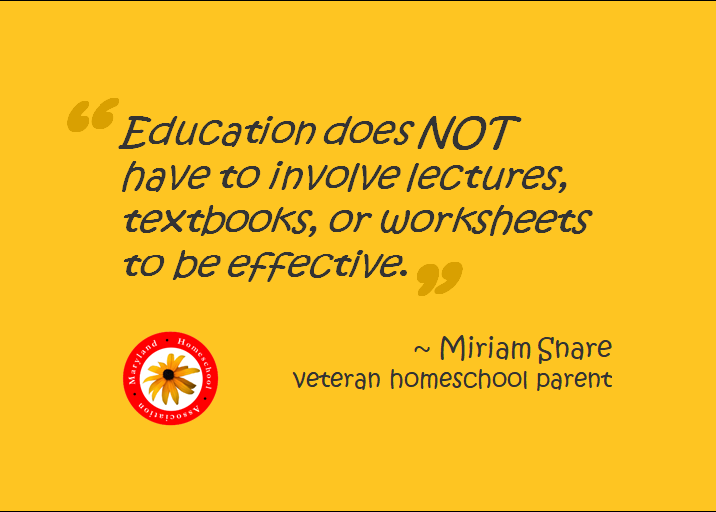Tips for Homeschooling Younger and Older Siblings
Welcome to your new normal, America. The COVID19 global pandemic has cancelled brick and mortar school for pretty much the rest of the academic year. While school districts tackle the unimaginable task of trying to keep children educated, parents across the nation are being tapped to implement school-at-home.

If you have more than one child, you’re about to learn what veteran homeschool parents have known for years: Children close in age can do a lot of work and activities together regardless of curriculum objectives. It gets more difficult as the age span between siblings increases, especially when attention spans vary widely.
Some families may need to juggle very young children with the educational needs of school-age siblings. Other families may be trying to teach multiple children across the K-12 range. For all of you – we’ve got you covered with some tried and true OG homeschool tips and tricks.
School With Sleep In Mind
Let’s start with two important premises. First, homeschooling will not take the 8 hours that children spend in school. Second, learning does not need to be confined to regular business hours. Since we’re in this pandemic lockdown for the long haul, start rethinking how you can capitalize on your family’s sleep patterns. This is especially important for families who are also working from home.
- Do school work during the toddler’s nap.
- Older learners can read to younger kids a bedtime story. Phonics practice, done!
- While one parent gets little ones bathed and into bed, the other parent can do some schooling with older kids.
- Teenagers sleeping in longer during mornings? Use that time for 1:1 instruction like math and reading with younger children.
- Younger kids go to bed earlier? Watch history or science documentaries with the older kid OR go over their teleclass work that they may still have questions on.
Activities that Involve Everyone
Here’s a not-so-secret fact: Most homeschoolers hate worksheets. I understand that schools are scrambling on creating take-home packets for kids to complete, but worksheets are often nothing more than busywork. COVID19 gives you a chance to focus on learning by experience rather than studying from books and filling out worksheets. Younger kids may not understand all of the details of activities designed for older kids, but they will absorb what they can from the experience. It also gives younger kids more “hooks” to hang future learning on.
- Science experiments can firm up an older kid’s understanding of textbook concepts and, at the same time, let the younger kid see something interesting (even if they don’t understand it all.) The little kid can help measure and stir and the older kid can write a lab report about it, if you want.
- Do real world math in the kitchen. Instead of having your older child complete a multiplication worksheet, make a recipe together. Find one that makes less than what you need and have your school-aged kid scale up the quantities and figure out fractions. The younger kid can help stir together the ingredients. And when it’s done, it’s snack time for everyone!
- Learn through games. If the game is too difficult for the younger kid to play, then help them while the older kid is on his own.
- Are there flashcards for math or vocabulary or dates that your older child can practice? If your younger kid is reading well enough, they can quiz the older kid. As a bonus, the younger child may pick up a few concepts themselves!
- Take science outside on a nature walk in the park or the woods – practicing safe social distancing, of course. There is plenty to discover for all ages, when you slow down to observe all the critters and tracks and scat around you!
Independent work
The stark reality of this pandemic is that many parents are tasked with working from home while also teaching their kids at home. I know you are mom and you can multitask, but no parent can be on a conference call AND directly teach their kids at once. It’s going to take some creativity to implement independent activities so you can be available for your own paid work commitments, teaching 1:1 with other children, or just taking some necessary self-care time for yourself.

- Listen to or watch audiobooks, documentaries, and videos.
- Use phone or iPad apps for regular math skills practice or reinforcing phonics practice.
- Create art at the kitchen table.
- Practice fine motor skills with playdough, puzzles, or sand and water tables
- Encourage critical thinking skills by playing games, like checkers, chess, othello, blokus, or even jenga.
- Give your children daily chores to complete.
Just remember, education does not have to involve lectures, textbooks, and worksheets to be effective. Try to look for learning opportunities hiding in every-day life.
Last modified on March 23, 2020




